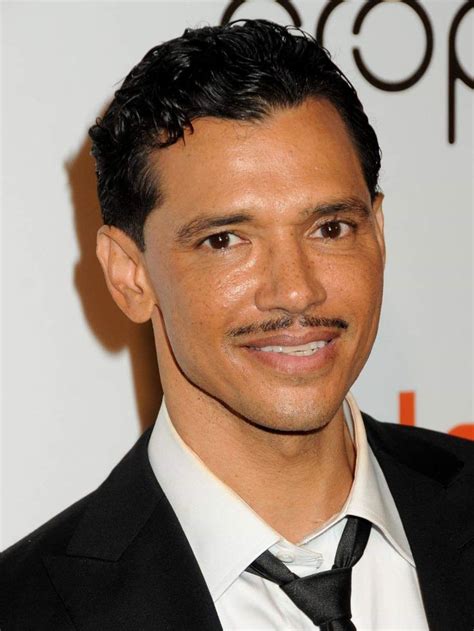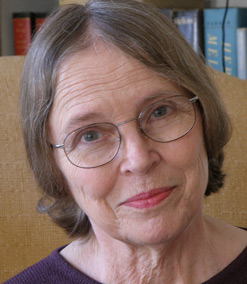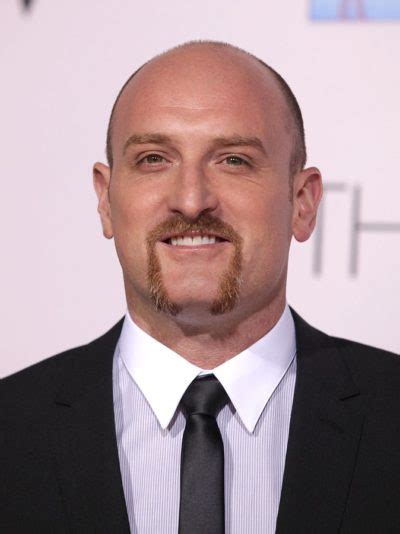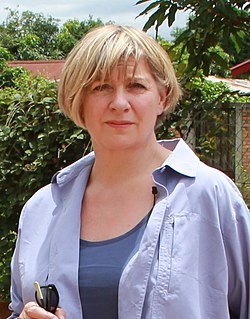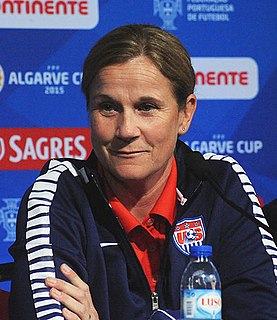A Quote by Alice Mattison
I think you have to remember that writing is hard; my first editor used to say that to me.
Related Quotes
It was hard when my mother left us. I said to myself: 'You must keep working hard for her.' She was a teacher, a big influence. She made me work harder. So when I'm not doing something right or when I'm not playing or working hard enough, I remember what she used to say to me. She gets me moving. She pushed me to work hard.
When I think about that first DeBarge album, I remember being so green... just pristine. Nothing mattered to me but writing songs. I remember staying locked up in a room with my piano and just singing and writing songs all day long. I remember being a perfectionist about it... wanting to change this and fix that.
The best advice on writing was given to me by my first editor, Michael Korda, of Simon and Schuster, while writing my first book. 'Finish your first draft and then we'll talk,' he said. It took me a long time to realize how good the advice was. Even if you write it wrong, write and finish your first draft. Only then, when you have a flawed whole, do you know what you have to fix.
Bob Wallace was my editor at Rolling Stone when I first started writing there, and he's a wonderful editor. I was in the Philippines during the Marcos overthrow, and I was up on what was called Smokey Mountain. I think it's gone now, but it was a garbage dump with a bunch of people living on it. I was talking to Bob on the phone, and I told him, "I'm a humorist. I can't write about this." And Bob told me to let my style be dictated by the subject, to take what I saw and write about it in the tone that it requires.
One of the good things is the relationship between director and editor used to be more contentious. Studios used to leave directors alone more during the post production process and now they're clamoring to get in. So, the director and the editor end up teaming up sort of against the studio to fight what they're doing and you lose the creative tension that you used to have between an editor and a director.
There is such a problem with racism, so to actually just say it and have so many people of colour message me and thank me for saying something... I remember when I used to cry about it to my manager I used to be like: 'Why do I feel like this?' and she'd never say it, and I'd never say it. It was really strange.



